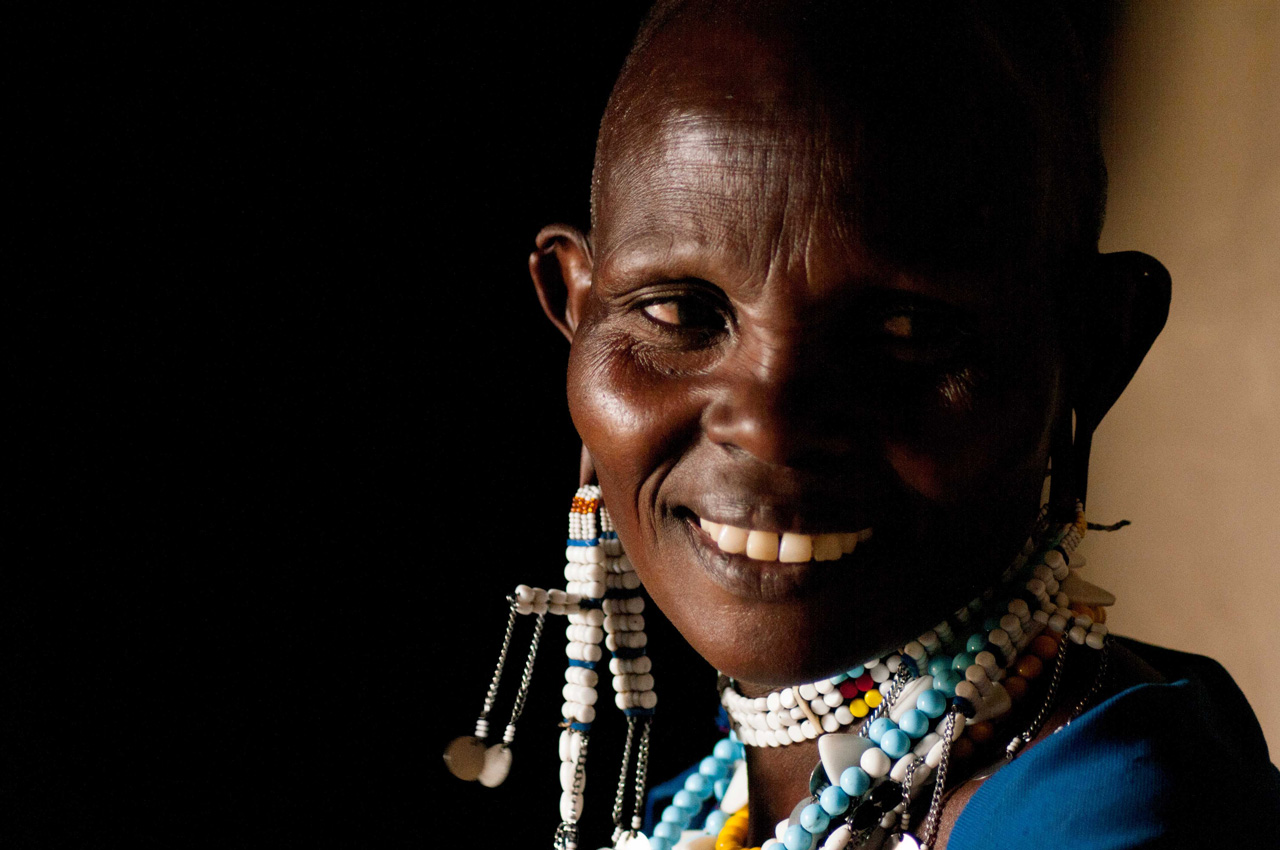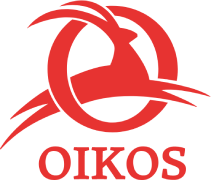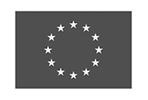Investing in Maasai Women
Investing in Maasai Women for rural community wellbeing

Societies can change
Women play a crucial role in the well-being of their families and the Maasai community, yet, today, they still suffer from enormous discrimination: they are not provided with basic education, their fundamental rights are not recognised, their entitlement to political representation and economic opportunities is not enforced. We are supporting 5,000 Maasai women through an empowering process of emancipation and awareness, in order to improve their livelihood thanks to training courses and the development of small income generating activities: an investment for the future of the entire community.
In the Maasai Steppe in Northern Tanzania, being a woman is a challenge. It means quitting school to take care of their houses, first of all gathering wood and water, more times a day, often walking many kilometers from where they live. It means being victim of abuse and oppression. It means having no job, nor the tools to find it. In 2017 Maasai had to face a drought worse than usual and their livestock, on which the whole community, made up of shepherds, depends for their survival, was decimated. In this deep crisis women and children are the first to be left behind.
Our mission is to provide 5,000 Maasai women with the necessary tools for the assertion of their role in society and, therefore, to be able to build a better and fair future. Starting from education: we provide English courses and training on vegetable leather tanning and handicraft production, on beekeeping and meat drying, in order to increase their income opportunities.
In order to reduce economic, social and cultural vulnerability of women we launched a pilot experiment of 8 Social community funds managed by VICOBAs (Village Community Bank Groups) – one for every district involved; each one includes information centres, a reference point for Maasai women. Moreover, we are strengthening the capacity of 31 existing Traditional Women Groups (TWG) to encourage the recognition of female roles and of their rights in society.
It is a true cultural change, a process of emancipation and recognition of gender equality. Because we strongly believe that through a joint effort and a multi-level collaboration – both institutional and community – societies can change.
Il progetto in numeri
180k
potabile in Tanzania
22k+
raccolti a Ibo, Mozambico
52k+
in Mozambico e Myanmar
11k+
di educazione nel mondo
200
di attività economiche
in Tz e Myanmar
1700
in Italia
1700
in Italia
52k+
in Mozambico e Myanmar
1700
in Italia

